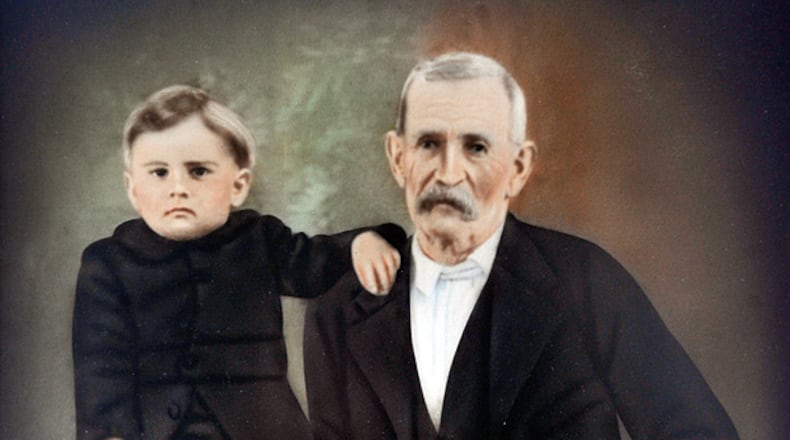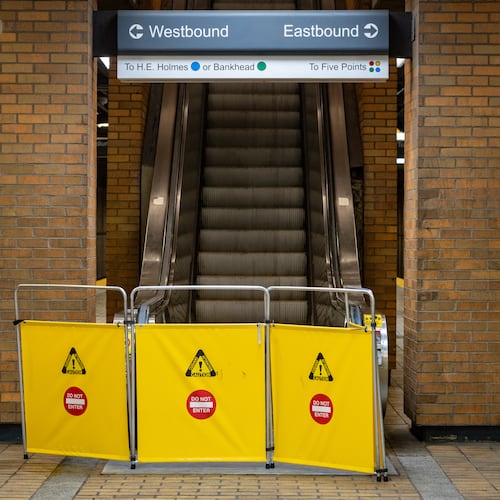H.V. Booth, likely the last surviving “real son” of a Georgia Confederate veteran, has died at age 96 in Elberton, according to a local funeral home.
Mr. Booth was the son of Isham Johnson Booth, a guard at Camp Sumter, also known as Andersonville, the nightmarish Civil War prison compound where nearly 13,000 Yankee prisoners died from disease, starvation and heat.
“While there are thousands of men in Georgia and across the South who proudly wear the name “Sons of Confederate Veterans,” the number of literal sons of the war veterans, themselves, has dwindled down to fewer than half a dozen across the South,” said the Georgia Sons of Confederate Veterans.
Berry Funeral Home & Crematory in Elberton confirmed Mr. Booth’s death. He died June 7.
Henry Victor Booth took his bit of celebrity with humility and humor.
When, in 2012, another real son of a Georgia Confederate veteran was buried, John McDonald, word circulated that there were no more.
Some called it “the end of an era.” Turned out it wasn’t. Mr. Booth remained.
After being told he likely was the last of Georgia’s Real Sons, he asked, “Is that an honor?”
Even though Mr. Booth was 96, it seems hard to fathom that he could be the son of someone who fought in the Civil War which ended in 1865. Isham Johnson Booth, a farmer, was 72 when he had his son. Such occurrences were not unheard of in the post-war years, when older soldiers sometimes married younger women who would get their pensions when they died.
H.V Booth was the 12th and last child of Isham and Miranda Lue, who was 38 at the time and had been widowed. When the elder Booth died in 1934 at 87, she got his pension. She died in 1968.
Life wasn’t easy, professionally or personally, for Mr. Booth.
He worked a long time for, then owned, a Ford dealership until it went broke and he lost his home. For many years afterward, he was a night manager at a senior citizens complex.
Mr. Booth buried two wives, and two sons which, he said, was “not normal.”
He was also a war veteran, serving in the U.S. Navy during World War II. He fought in Pacific, including the bloody Battle of Iwo Jima.
Mr. Booth’s father didn’t talk much about his war experience at Andersonville, he said, other than to say, “It was the awfulest thing he had ever seen.”
About the Author
The Latest
Featured


